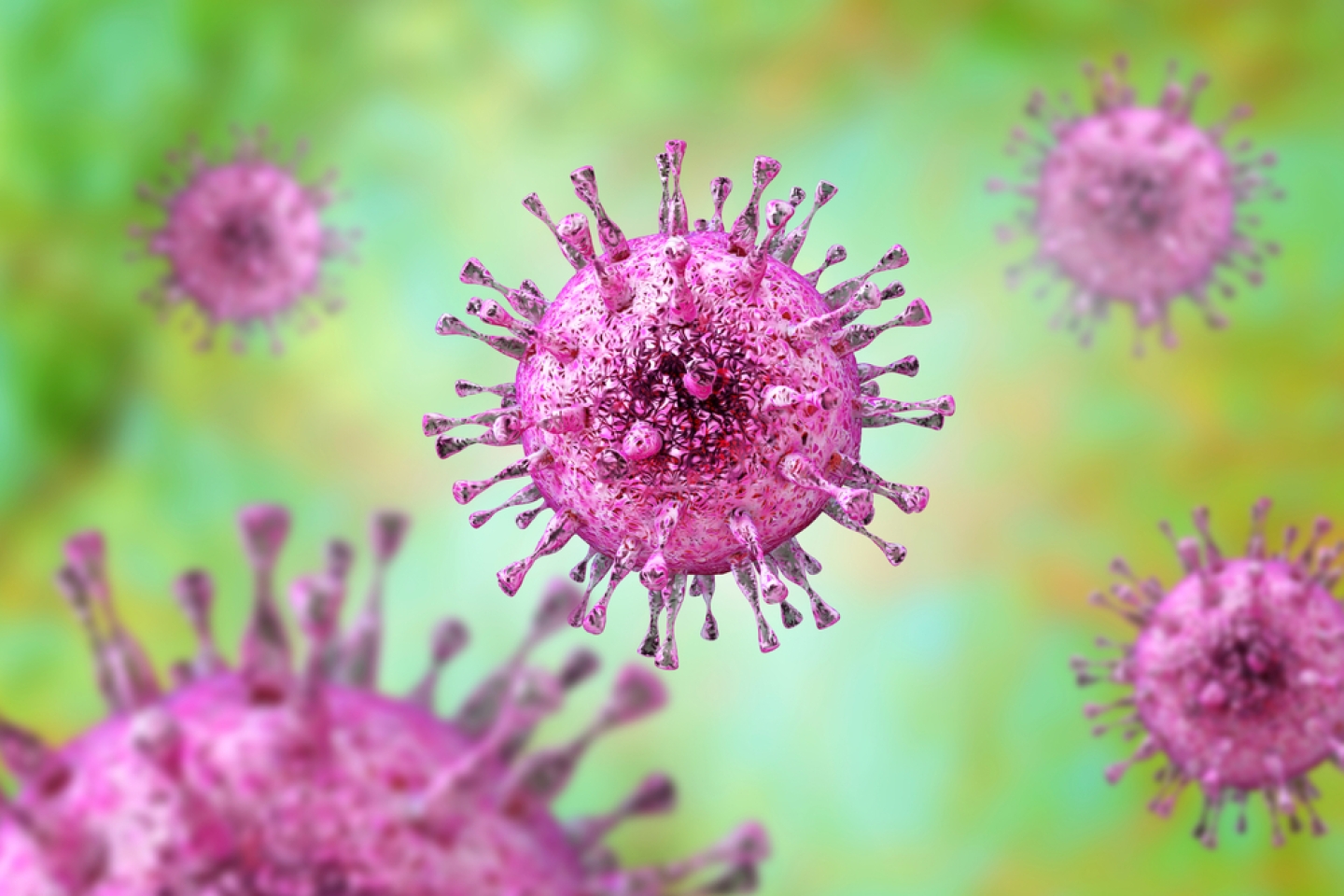
Cytomegalovirus (CMV) is a common virus, but one that is not often talked about. Most adults who have CMV have no symptoms or very mild symptoms, and many people don’t even know they have it. However, for babies born with congenital CMV, the disease can be much more serious, causing birth defects and other long-term health problems.
In recognition of National CMV Awareness Month in June, we have gathered important information about this little-known condition and what you can do to help protect your baby.
Congenital CMV occurs when a pregnant mother contracts the virus and passes it to her fetus.
“CMV is the most common congenital infection in every population, happening in 1 out of every 150 babies,” says Sallie Permar, M.D., PhD, chair of the Department of Pediatrics at Weill Cornell Medicine. “Yet most pregnant women don’t know about it. We refer to it as a silent epidemic.”
Dr. Permar, a leader in the field of research into perinatal infections, was the winner of the 2020-21 Society of Pediatric Research Award in Honor of E. Mead Johnson for her contributions in defining immune responses that shield against congenital CMV infection, developing a nonhuman primate model of congenital CMV for vaccine testing; as well as defining immune responses associated with defending against mother-to-child HIV transmission, and preclinical testing of infant HIV vaccines.
CMV is the most common infectious cause of birth defects. According to the Centers for Disease Control and Prevention, about 1 out of every 5 babies with congenital DMV will have symptoms or other health problems that persist into adulthood. Symptoms of CMV in babies include:
CMV can cause additional long-term health problems, including:
Congenital CMV is one of the leading infectious causes of deafness, as well as learning and intellectual disabilities.
If a newborn shows signs of CMV, a doctor can screen for the virus by testing the baby’s urine, saliva or blood. Testing must be done within three weeks of birth to confirm a diagnosis of congenital CMV.
In many cases, however, babies with CMV pass newborn screenings, and signs of the virus don’t appear until the child is a few years old.
“About 90% of babies born with CMV show no signs or symptoms,” says Christine Salvatore, M.D., chief of pediatric infectious diseases at Weill Cornell Medicine. “These babies show none of the red flags that would prompt us to test them for CMV.”
CMV is related to the viruses that cause chickenpox and infectious mono. It is not serious for most children and adults. Many people show no symptoms, while some have mild flu symptoms that usually resolve quickly, including
However, for people who are immunocompromised, including cancer and organ-transplant patients, CMV can be life-threatening, as the virus can damage the eyes, lungs, liver, intestines, stomach and esophagus.
Studies show that between 50% and 80% of adults have had a CMV infection by the age of 40. Once you have it, the virus stays in your blood for the rest of your life. One in three children also contract CMV by age 5, and the virus often stays active in a child’s body for months, even when no symptoms are present. For this reason, people who have close contact with children are at greater risk of becoming infected.
How can you lower your risk? If you are pregnant or plan to become pregnant, or if you are a childcare worker or someone who spends a lot of time with young kids, it’s especially important to do what you can to prevent CMV. You can do this by:
Healthy adults with CMV don’t usually require treatment, but those with weakened immune systems may receive antiviral medications, usually through an IV in a hospital setting.
In babies with congenital CMV, antiviral medications can help improve hearing loss and prevent negative developmental effects. But these drugs can also have serious side effects, so doctors monitor babies receiving these medications very carefully.
The good news is that progress is being made on the goal of educating people about CMV and ultimately eliminating the virus. Several CMV vaccines are currently under development, and Moderna is currently conducting a phase three clinical trial.
There is also a push for state legislation that would require providers to talk to every pregnant woman about CMV and test every newborn for the virus. If a newborn who is not showing symptoms tests positive, doctors could then continue to screen for hearing loss and developmental delays and potentially treat babies early to prevent serious problems as they get older.
“This is a childhood disease we know we can defeat,” Dr. Permar says. “It’s something that is achievable, and we can end CMV and keep children from losing their opportunity to have their greatest potential in life. I have great hope that a vaccine is coming for CMV.”
Pregnant or planning to become pregnant? Find a doctor at Weill Cornell Medicine who can answer your questions.